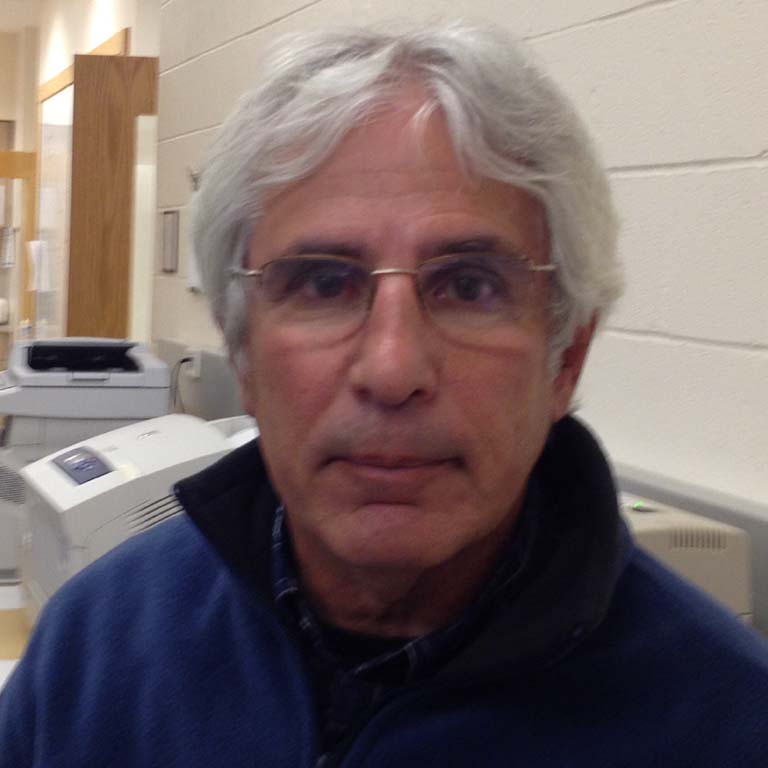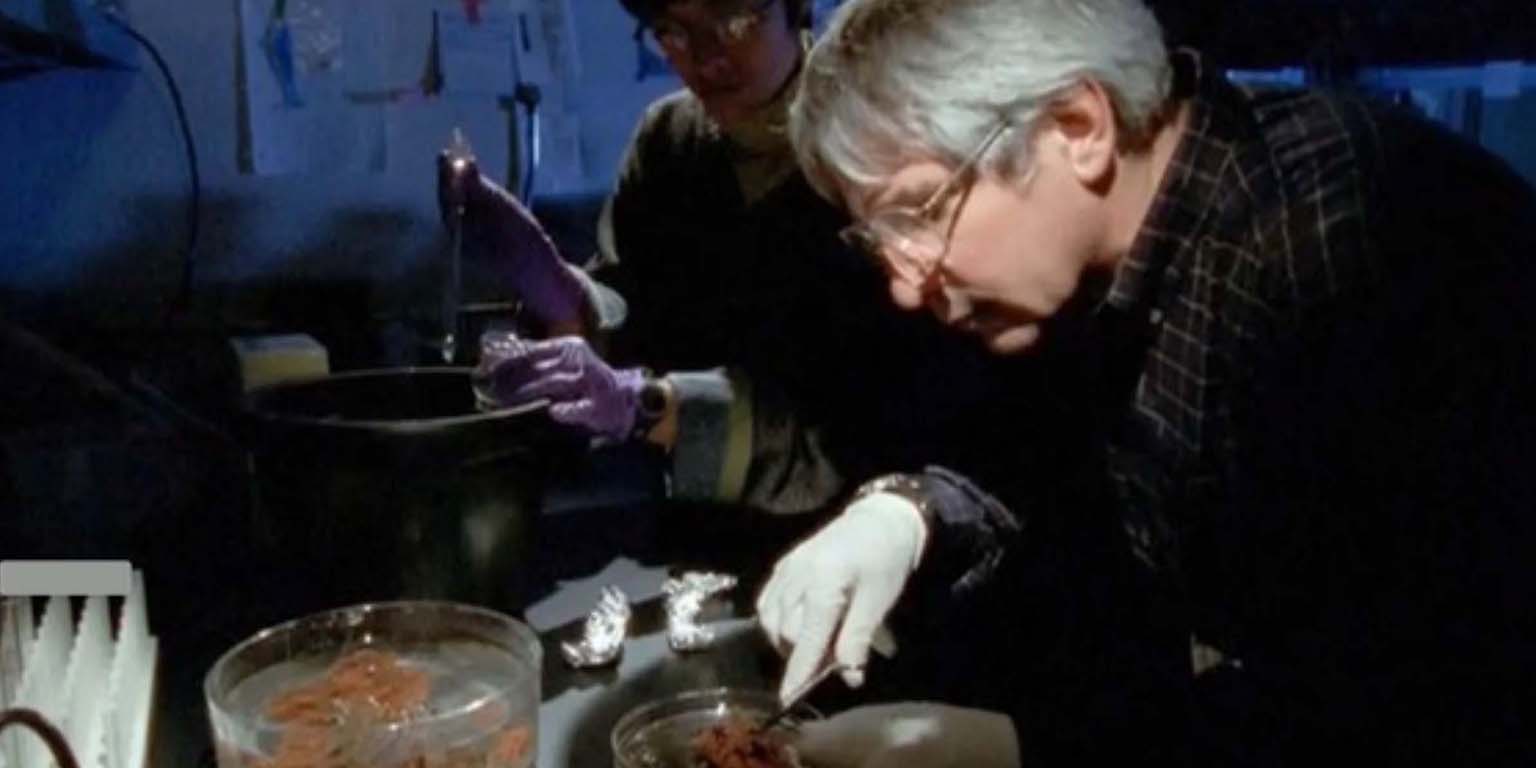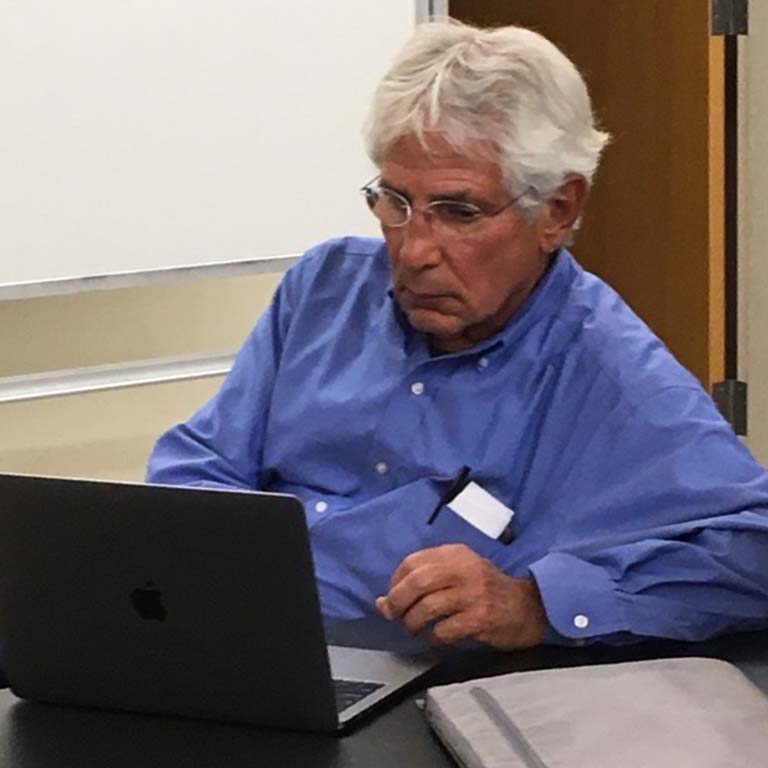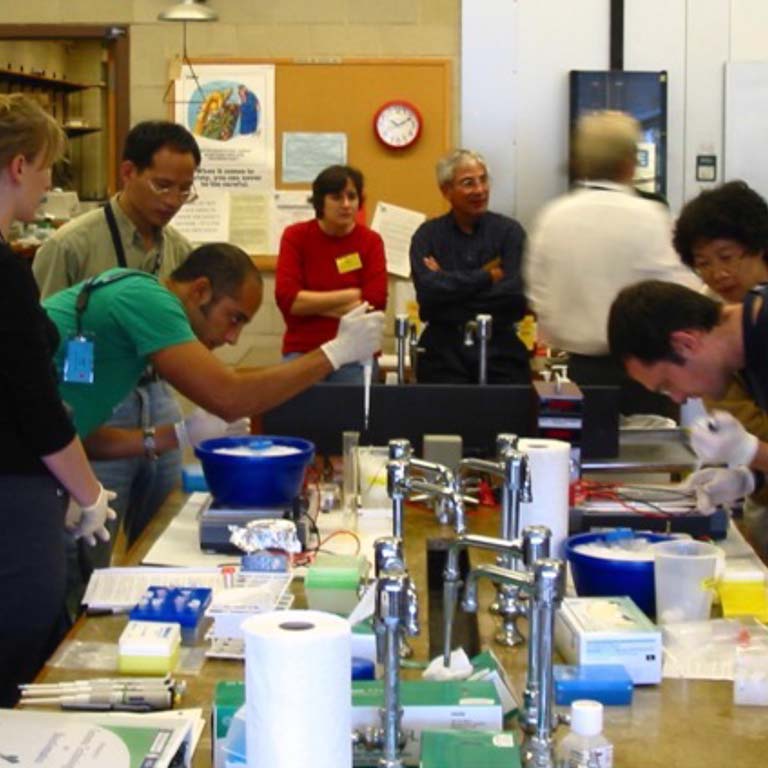As the 2022 Norman R. Pace Lecturer, renowned evolutionary biologist and microbiologist Mitchell Sogin will present "Setting the Pace of Discovery"—discussing the seminal research involved in bringing to light the worlds of single-cell organisms.
The Pace lecture series honors Indiana University alumnus Norman R. Pace. Pace, who is also a former Distinguished Professor of the College of Arts and Sciences' Department of Biology at IU Bloomington, is one of the world's most influential biologists. Known for his pioneering research in biochemistry as well as in microbial ecology and evolution, Pace has been a leader in two very different fields: (1) he co-discovered catalytic RNAs, and (2) he developed the methods and philosophy of sequence-based studies of microbes in their natural environments—ushering in the age of metagenomics and microbiome research.
Sogin will present the 2022 Norman R. Pace Lecture on Tuesday, April 5, from 4 to 5:00 p.m. in Myers Hall 130 on the IU Bloomington campus and on Zoom.
Sogin—whose interests span across bacteria and archaea, to single-celled eukaryotes, to multicellular life forms—did his early work with Pace and the great microbiologist and biophysicist Carl Woese during the inception of molecular phylogeny, molecular microbial ecology, and the research that has led to the modern study of microbiomes. Over his prolific career, Sogin contributed groundbreaking research, both empirically and conceptually driving recognition of the high level of biological diversity represented by microorganisms and the intricate pathways underlying their evolution. He has authored many influential publications and his work has garnered over 60,000 citations. He was founder and long-term director of the Josephine Bay Paul Center for Comparative Molecular Biology and Evolution at the Woods Hole Marine Biological Laboratories. He is a fellow of the American Academy of Arts and Sciences, the American Association for the Advancement of Science, and the American Academy of Microbiology and has won numerous awards for his contributions to science.




 The College of Arts
The College of Arts